Video: Slow Travel is a Better Way to Travel The World
Slow travel involves travelling for a lengthy period at a slow pace, helping the traveler to form a deep, genuine and cultural experience. It is the belief that travel should be a break from the rush of daily life and all the anxiety that comes with it - of setting alarms and rushing to work, writing endless to-do lists and not allowing yourself any moment to relax.
Slow traveling is a manner of travel that emphasizes connection: to regional people, cultures, cuisine and arts. It leans on the belief that an expedition is meant to enlighten and have an emotional impact, in the present moment and for the future, while persisting sustainability for local communities and the climate.
Here Are 8 Important Benefits of Slow Travel
There are countless benefits of slow tourism. Here's why this form of exploring new places is good for everyone.
#1 You Learn More About A Place And Its Culture
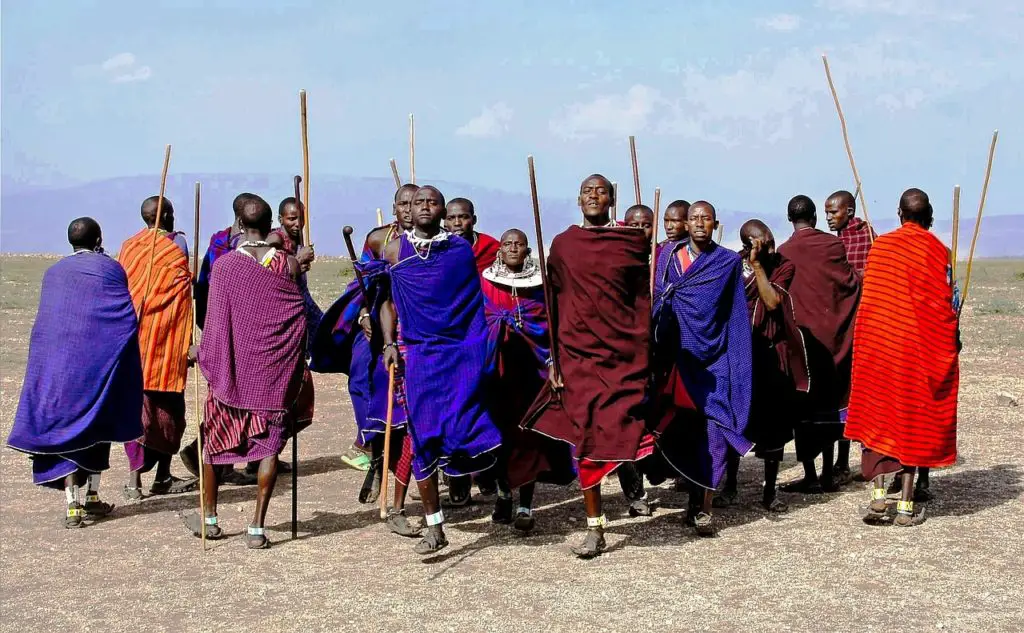
The first and primary benefit of embracing slow travel is that you obtain a considerable understanding of the visiting location. You can learn about the territory, its culture, the casual terms, local art forms, music and practically everything that is unusual about the destination. It allows you to collect every basic element of the destination.
#2 Slow Travel Helps You Save Money
Slow travel pressures travelling by train, on foot or pool cars and resisting every other conveyance which is fast-paced. It's relishing the romance of slow and long journeys. Taking longer excursions makes you appreciate the experience even more. You'd not be going for cars, but you'd be strolling through your neighborhood and absorbing all the regional scenarios.
#3 It Allows You to Relish Your Surroundings to the Fullest
Since you're slowing down, you're relishing the magnificence of alleys, nature, and terrains. You'll start enjoying almost every second perspective that you get. Since you're not hurrying, you get to take a perspective of every minor yet significant detail like local celebrations, moments of romance, warm smiles of children, remote scenarios, ... everything!
#4 Slow Travel Reduces Stress Levels
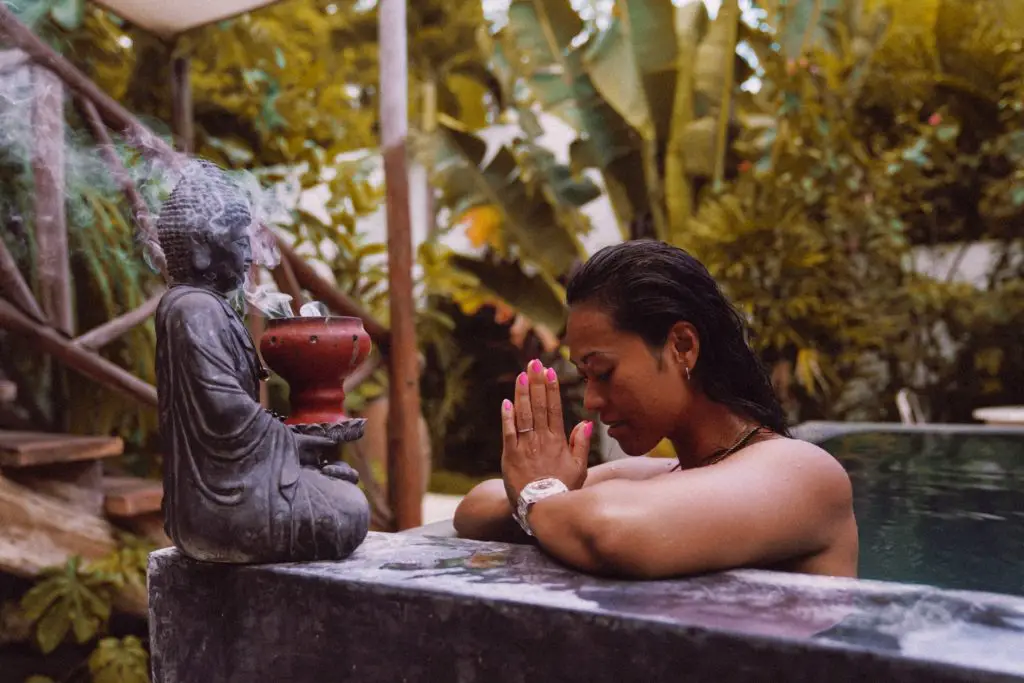
Since everyday life usually takes a toll on your health, and can even cause anxiety, slow travels support you to reduce all those negative feelings. You rest for longer hours, catch up on all the lost sleep, relax on your balcony, and aren't in a race with time. Since life slows down, you get the chance to replenish all your strength. Your body begins releasing soothing hormones and furthermore reviving your mental health and serenity.
#5 It Promotes Ecotourism
Not only is slow travel good for you, it is also better for the surrounding environment. Tourism impacts ecosystems. However, by going for slow travels, we can prevent too much damage done to the environment by carbon emissions. That's because slow travel means to resist transportation with high-carbon emissions.
#6 Slow Travelers Make More Connections With Locals
With slow travel, you get to know the locals better. You're further inclined towards their way of living, you consult them about locations around, your conversations revolve around recommendations, traditions and rituals of that specific destination. Locals tend to be extra reciprocating and indulge in detailed conversations when they recognize that you have a genuine interest in their culture.
#7 Less Planning Is Involved
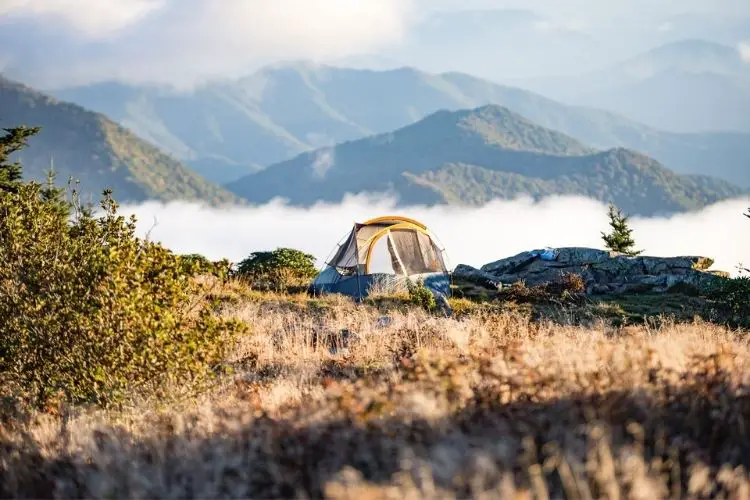
Everything in slow travel runs on spontaneity. Your plans are spontaneous. You might simply take a detour with a local to explore a picturesque spot in the area, or just schedule to relax on a swing and soak in the astonishing views wherever you are. It rules out the idea of planning and scheduling, which can be stressful at times. Accordingly, it provides a chance to incline on your instincts and spontaneous plans.
#8 Slow Travelers Eat Like Locals
Undoubtedly one of the best aspects about slow travel is that you get to eat like the locals. Trying out cuisines that are typical for the location is an important part of travelling. Since your conversations and travels are extra culture-oriented, naturally your food is also going to be that of the townies. You'll be savoring foreign dishes that you have never tasted before. There's nothing better than this!
Here Are 6 Practical Tips for Slow Travel (And How To Slow Down)
Slow travel is all about preferring quality over quantity. Here are some slow travel tips for turning ambitions of a slow travel escape into reality.
#1 Do Your Research
The more you learn about your destination, the easier you’ll adapt and blend into its mundane life. You are less likely to experience a culture shock, and you’ll sacrifice less time finding your bearings. Plus, you’ll be more purposeful with your itinerary.
You’ll comprehend what spectacles are the main priorities during your stay, and what you can skip as overpopular or simply not your style. Researching, and going over reviews and blogs will assist you to decide what place you would like to explore and what treasures lay off the beaten track.
A hasty Google search will inform you of the destination’s main charms and its must-sees. However, further comprehensive research will assist you to fine-tune your itinerary.
#2 Travel In Off-Season
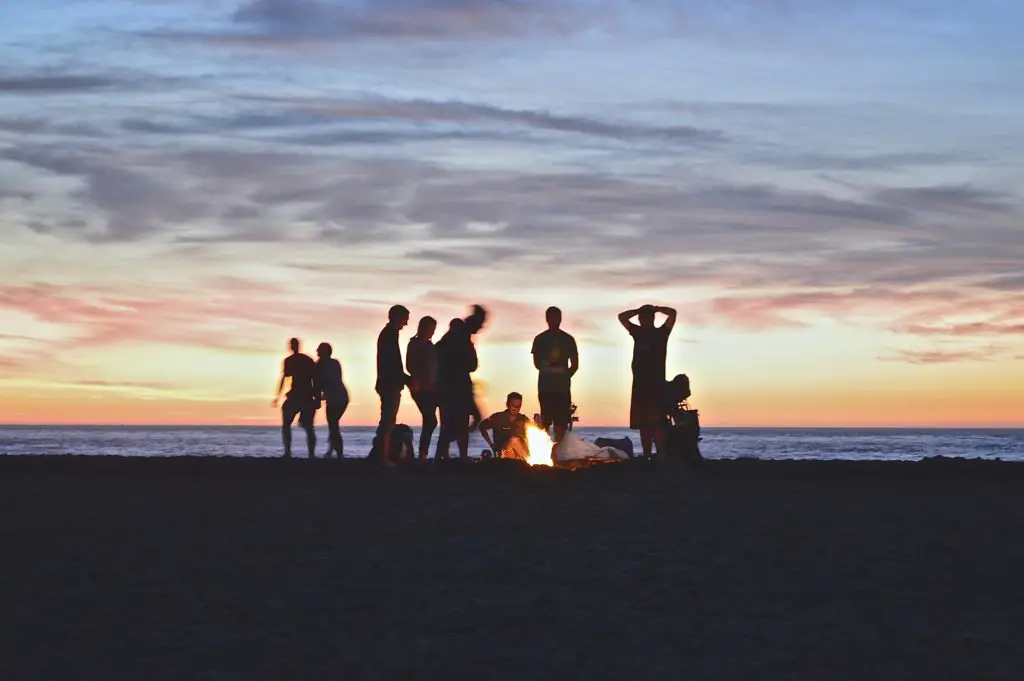
Popular backpacking hotspots generally loaded with travelers have an absolutely distinct feel in the off-season. The crowds are limited, and the atmosphere tends to be more relaxed.
If you explore the beaches of Goa on a winter afternoon, you’ll find it impossible to even push through the public, and you’ll devour your time evading selfie sticks and side-stepping vendors. On a rainy morning, the beaches feel completely different. You’ll realize the town’s timeless enchantment when the birds fly overhead and the morning fog clears.
#3 Stay Longer At A Destination
The easiest way to adopt slow travel is to just stay in one location for longer. With the growth in remote working in the wake of Covid-19, the possibility of simply ‘being’ abroad, and blending work and holidaying may become a more common way of life for many of us. Working while travelling is the best way to enjoy yourself without worrying about rushing through your holiday because you need to be back for homework soon.
#4 Live Like A Local
When you reach at your destination, get to know the regional people around you, discover where their favorite places are to eat and chill, as well as any additional recommendations they may have.
Exploring local markets and discovering about local foods that are in season is similarly an incredible way for you to pick up new recipes to attempt to cook at home. There certainly are multiple ways in which you can submerge yourself in a culture and become part of the regional community.
#5 Choose the right means of transport
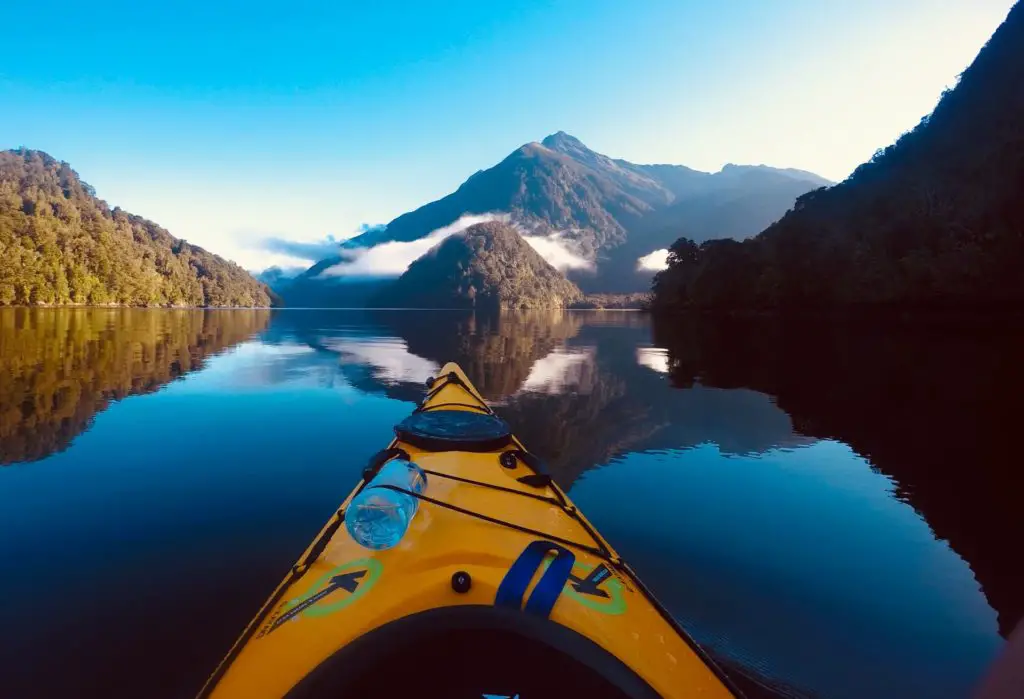
The goal is to slow down to seize the time to relish more. The slow traveler avoids flights and cars to use more eco-friendly options like taking local trains and busses, cycling or walking. Walking is a healthy alternative, of course, but it furthermore provides you with extra opportunities to connect with local people.
Walking around a new town moreover lets you discover unnoticed spots far from the beaten tracks that tourist vehicles would generally take you to. Explore the location on foot, and you’ll observe that you’ll retain a completely different perspective.
#6 Don’t over plan
Aim to leave space for change in your schedule. You don’t want to exaggerate the experience by feeling like you need to tick off an extended list of spectacles and recreations. Just slow down, experience the location and live it. You don't have to see every single tourist attraction.
The greatest experiences come from those that happen unexpectedly, so embrace the present and be open for enriching experiences. The beauty of travel lies in diversity and that we can learn a ton from each other. We just require to give ourselves the opportunity to.
Deciding to go for slow travels is deciding to discover new things in the process. Slow travelling does not simply mean to stop by the tourist locations, but to actually gain a deeper understanding about the culture, the people, the traditions and rituals. The slow traveler has a more realistic travel experience than the ordinary tourist. They develop richer connections and memories with the location and the locals.
Slow Travel – So, What is This All About?
Slow travel was established thanks to the slow food movement arising from the protests against fast-food eateries opening storefronts in historic Rome. With the threat of fast food chains opening beside the Spanish steps, the slow food movement commenced, promoting local, traditional food prepared with love, produced with consideration and served with graciousness. This purposeful appreciation of food (and food service) motivated several travelers to embrace a similar ideology in regard to how they travel.
Travelling with the goal to appreciate more and stay longer in one place, to affect the climate less, to focus on community and oppose the idea that travelers must do it all and discover it all - this what slow travel embraces.
As the world becomes faster-paced, the idea of slowing down to travel might come across as unrealistic or old-fashioned. However, the reality is that slow traveling teaches travelers the consequence of their stay and provides them with the unique chance to understand a new location with integrity and profound curiosity.







































































